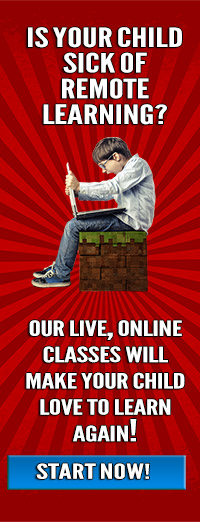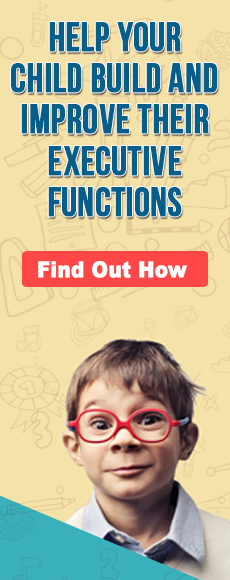 Alternative Learners are kids who struggle with everything from minor organizational problems to diagnosed issues such as learning difficulties, ADHD, or autism spectrum conditions.
Alternative Learners are kids who struggle with everything from minor organizational problems to diagnosed issues such as learning difficulties, ADHD, or autism spectrum conditions.
Here at LearningWorks for Kids, we’re committed to helping parents of Alternative Learners find ways to get their kids excited about learning. We’ll teach you how video games and other digital technologies can be amazingly useful tools for teaching valuable thinking skills to your child, even if she often has a difficult time with traditional education. Harnessing the multimodal, interactive nature of video games and other digital technologies, our methods will show you how thoughtful and directed digital play can help your child achieve real improvements in her everyday life.
Video games and other digital technologies are also excellent teaching tools for children who display milder forms of Alternative Learning difficulties. Whether your child has a formal psychiatric diagnosis or simply displays some mild symptoms of a learning problem, we will show you how video games and other digital technologies and tools can help improve her thinking and academic skills.
ADHD |
Autism Spectrum Disorders |
||
 |
Difficulties with inattention, distractibility, and/or hyperactivity that impairs performance in school, home, or other activities. | Developmental difficulties that can include problems with social interactions, communication, and restrictive patterns of behaviors. | |
Anxiety |
Depression |
||
| |
Problems in regulation of mood, stress, and emotional reactivity to daily life and/or consistent and excessive worries | Depressed, sad mood for extended periods of time and/or expected emotional response to trauma or loss. | |
Behavioral Problems |
Learning Disabilities |
||
 |
Difficulties such as repeated conflicts, anger and frustration, and problems following rules. |
 |
Substandard performance in an academic subject that is below what one would expect based upon the child’s other capabilities. |
Executive Functioning |
|||
 |
Difficulties with critical thinking, or self-regulatory skills that help prioritize and orchestrate an individual’s thoughts and behaviors. | ||




